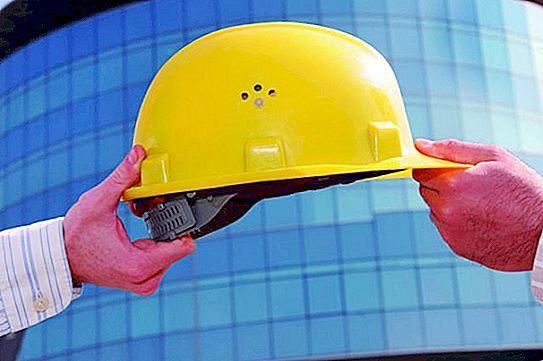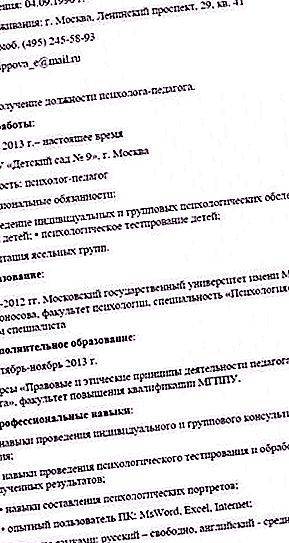Video: Electrostatic and Thermal Analyses of a Powerline Insulator, using EMS in SolidWorks part 2 of 2 2024, May
In everyday life you do not often come across the phrase “isolation of materials”. People who do this are called insulators. An important process is isolation. This helps to improve the life of the product, increases strength and tightness. So what is the profession of isolator?

Description of the specialty
The insulator is a professional who ensures the safety of the pipeline, process plants and other devices and their protection from environmental influences. Due to the harsh climate, especially in some parts of our country, it is impossible to cope with the installation of various structures without insulators.
Given the great demand for such specialists, it is surprising that the profession of an isolator is not very popular among students. In this regard, it is clear that in the labor market these professionals are sorely lacking.
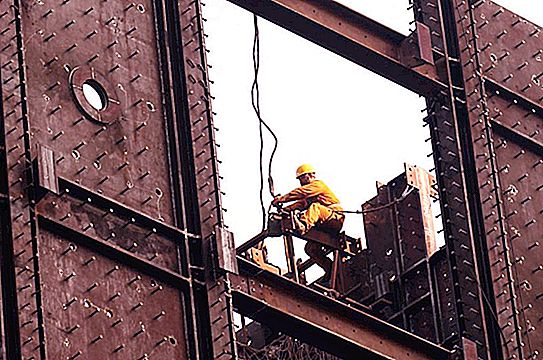
Types of Isolators
We have already figured out what kind of profession an isolator is, but there are still many aspects that are a mystery. There are two main types of isolators:
- waterproofing;
- thermal insulator.
The first type is an insulator on waterproofing. As the name implies, this is a specialist who is engaged in waterproofing, protects the surfaces of all devices from contact with a wide variety of liquids. Such a person provides reliable insulation, which, undoubtedly, affects the durability of the subject to isolation.
The second type is an insulator on thermal insulation. These specialists are engaged in the insulation of warm and hot surfaces, as well as the coating of rolled materials at the joints. The thermal insulation specialist must adhere to all the rules and regulations for installing the facility in order to increase the facility’s operational life.
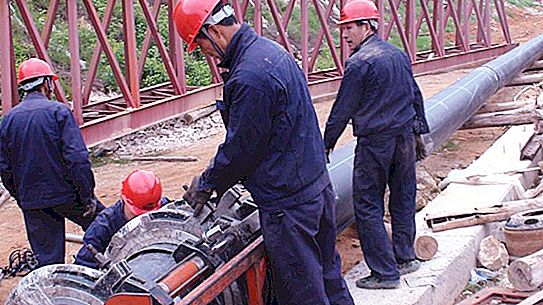
Ranks of a profession
In Russia, there are five categories of insulators: second, third, fourth, fifth, sixth. The second category of profession - certain types of work on thermal insulation are allowed. The master of this class must know the types of basic materials and their separation by types, how to use them and standard installation standards.
The third category of the profession is the performance of certain types of thermal insulation work. The insulator must understand various types of surfaces, their mounting options, work performance standards, and the properties of the materials involved in the work.
The fourth category of the profession is work of medium complexity. The specialist has knowledge of the varieties of various materials, methods of fastening and mounting the structure.
The fifth category of the profession is the performance of complex types of work. High awareness of the quality and methods of performing absolutely all varieties of work, the development of templates for complex structures.
The sixth category of the profession is working on hot and cold elements, performing complex work on thermal insulation. In addition to all of the above, knowledge of installation methods, especially complex fixtures, properties and applications of insulation materials is required.
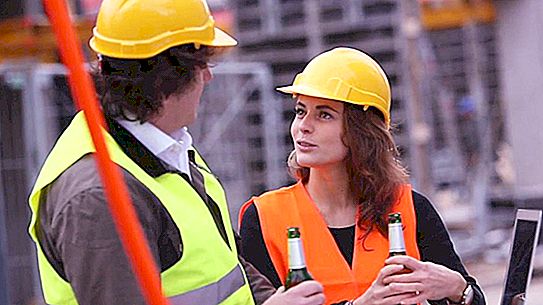
Responsibilities of the isolation specialist
In order to be well implemented in this area, you need to know not only what kind of profession an isolator is, but also to be professionally versed in physics, and also have considerable knowledge in the field of mathematics. From this it follows that the isolator must not only perfectly know the essence of his specialty, but also have full information about the materials that he encounters during work. In addition to the necessary education, the duties and qualities that a specialist in this profession should have include:
- ability to sharpen cutting tools without harm;
- preparation for processing pipes or lines;
- healthy body and stamina;
- the ability to prematurely identify and eliminate defects or damage to the workpiece;
- hard work and responsibility;
- quality control and layer thickness of the applied material;
- good eye
- the skill of applying anti-corrosion material to pipes of all sizes and diameters.
When choosing this specialty, it is necessary to clearly realize that this work is carried out both indoors and outdoors. Strong immunity is required here.
Specialty training
In Russia, training in the specialty of an insulator in specialized educational institutions is carried out. Vocational technical schools are the main educational institutions that give a diploma of obtaining education in the specialty of isolator.
There is an opportunity to undergo training at the isolator as part of specialized courses and receive a “crust” of the isolator in 30 days. But obtaining such a certificate does not exempt from further training, since further it will be necessary to have categories. Courses cost about five thousand rubles and last one month. Here, retraining to increase the discharge. Now you know what kind of profession is an isolator, and where to study for it.
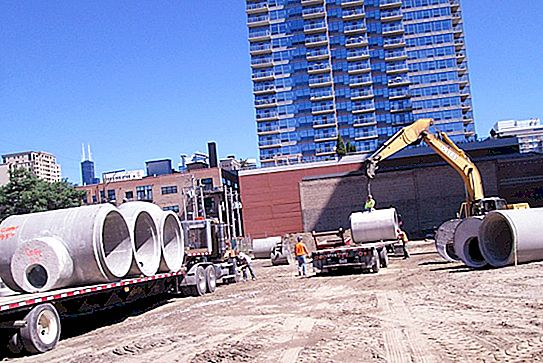
Average earnings in Russia
Do not think that they pay little for the profession of an insulator, because there is an opinion that the working professions in our country have fallen significantly. Due to the fact that there are not so many people wishing for such a specialty, and new buildings and structures are commissioned daily, professionals in this industry are highly appreciated. Today, on average, wages start at thirty thousand rubles. But, for example, the salary of the insulator-film-maker (the insulator who performs work on anticorrosive film insulation) is twice as high.




